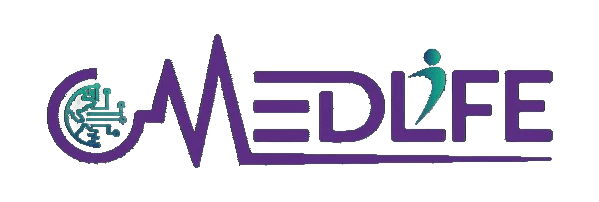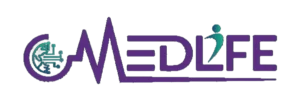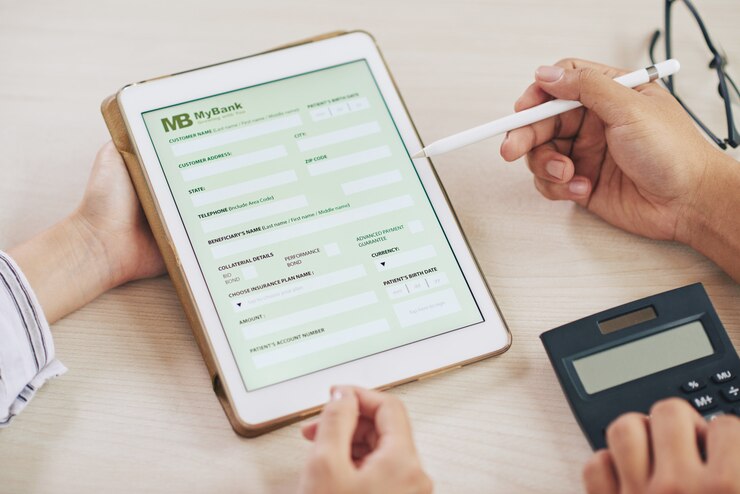Medical coding can be overwhelming at first, but with the right tools, knowledge, and guidance, it becomes a rewarding career path. This blog will dive deep into the fundamental tips and tricks that can help you excel in medical coding, with insights gathered from industry experts and seasoned coders. Whether you’re just getting started or looking to refine your coding skills, this comprehensive guide will provide you with the strategies and resources you need to succeed.
Are You Struggling with Accurate Medical Coding?
Is medical coding a challenge for your practice? Our expert team can provide accurate and efficient coding services to ensure you receive the reimbursement you deserve.
Book Your Appointment Now1. Invest in Quality Training and Certification
The first step to becoming a successful medical coder is investing in quality training. Accredited medical coding programs provide structured, comprehensive instruction on coding systems such as ICD-10-CM, CPT, and HCPCS. Choosing the right program will set the foundation for your coding career.
Why It’s Important:
Medical coding is a highly specialized field, and understanding coding guidelines and procedures is essential to ensure accuracy and compliance. Look for reputable institutions or online platforms that offer certification programs recognized by industry standards. Becoming a Certified Professional Coder (CPC) through the American Academy of Professional Coders (AAPC) or a Certified Coding Specialist (CCS) through the American Health Information Management Association (AHIMA) will not only improve your credibility but also open doors for career advancement.
2. Master Medical Terminology and Anatomy
A solid understanding of medical terminology, anatomy, and physiology is crucial for accurate medical coding. Medical records are filled with complex terms, and being able to break them down and comprehend the details is essential for proper code assignment.
Why It’s Important:
By understanding the language of medicine, you will be able to interpret patient diagnoses and procedures more effectively. Familiarizing yourself with these foundational concepts will give you the ability to recognize the most relevant codes for each service provided.
Actionable Tip:
Dedicate time to studying basic medical terminology and common medical procedures. There are free resources and apps available that can help you familiarize yourself with these terms quickly. Having a coding dictionary or glossary by your side will also help you work more efficiently.
3. Practice Regularly to Improve Accuracy
Like any skill, medical coding improves with consistent practice. Set aside time to work on coding exercises, case studies, and mock coding scenarios. The more you practice, the better you will get at identifying the right codes, dealing with difficult cases, and managing coding guidelines.
Why It’s Important:
Medical coding is all about precision. Errors in coding can lead to claim denials or incorrect reimbursements, which may harm the financial health of the healthcare practice. Consistent practice helps you master the codes and guidelines that may initially seem complex.
Actionable Tip:
Take part in coding challenges, or join online forums where beginners and seasoned coders exchange scenarios. This will give you an opportunity to practice real-world coding situations and learn from others’ experiences.
4. Stay Updated on Coding Guidelines and Revisions
Coding guidelines and regulations are continuously evolving, especially with the shift to new technologies and updates in ICD and CPT codes. Staying informed about the latest changes is vital to ensure that your coding remains accurate and up-to-date.
Why It’s Important:
Outdated or incorrect coding can result in claim rejections, increased denials, and lost revenue. By staying on top of the most recent updates, you can ensure that your work remains compliant with Medicare, Medicaid, and private insurance policies.
Actionable Tip:
Subscribe to coding newsletters, follow industry blogs, and attend continuing education courses to keep your knowledge fresh. Resources like the AMA (American Medical Association) and CMS (Centers for Medicare & Medicaid Services) regularly publish updates that are essential for your coding success.
5. Utilize Coding Resources and Tools
As a beginner, you will need to leverage various coding resources to ensure accuracy and efficiency. Whether it’s coding manuals, encoder software, or online coding forums, having the right tools can make the coding process much easier and quicker.
Why It’s Important:
Coding software helps streamline the coding process by providing accurate matches for diagnoses, procedures, and modifiers. This reduces the chances of errors and helps you meet tight deadlines.
Actionable Tip:
Familiarize yourself with coding lookup tools like 3M CodeFinder, TruCode, or other encoder software that can help you quickly find the right codes. Also, participate in online forums or discussion groups where you can ask questions and share resources with other professionals.
6. Develop Critical Thinking and Problem-Solving Skills
Medical coding is not just about following a list of rules. You will often face complex situations that require problem-solving skills, such as ambiguous documentation or conflicting insurance requirements. Building critical thinking skills will help you tackle these challenges more effectively.
Why It’s Important:
A great coder needs to be able to analyze medical records and navigate challenges like incomplete documentation or unclear physician notes. Being able to identify the most appropriate codes, even in difficult cases, is a crucial skill for any medical coder.
Actionable Tip:
When you come across challenging cases, take the time to break down the problem. Research the issue and ask for feedback from more experienced coders if needed. Over time, you will become more confident in resolving complex coding scenarios independently.
7. Seek Mentorship and Networking Opportunities
Having a mentor or joining a network of experienced medical coders can significantly accelerate your growth in the field. A mentor can provide valuable insights, guidance, and support, helping you navigate your career with ease.
Why It’s Important:
Learning from someone who has years of experience can help you avoid common pitfalls and give you a clearer understanding of industry practices. Networking can also open doors to job opportunities and further career advancement.
Actionable Tip:
Join professional organizations like AAPC or AHIMA. These organizations offer access to certifications, networking events, and mentorship programs that can help you grow both personally and professionally.
8. Practice Ethical Coding and Compliance
Finally, always adhere to ethical coding practices. Medical coding isn’t just about making sure you’re reimbursed for the services rendered—it’s also about maintaining the integrity of the healthcare system. Ensuring that your codes are accurate, compliant with regulations, and ethically sound is crucial for both your career and the healthcare provider’s reputation.
Why It’s Important:
Fraudulent or inaccurate coding can result in legal consequences, audits, and penalties. Maintaining high ethical standards is key to building a strong reputation in the industry.
Actionable Tip:
Familiarize yourself with the HIPAA (Health Insurance Portability and Accountability Act) regulations and ensure patient privacy is always maintained. Ensure that your codes reflect the truth of the patient’s treatment, avoiding upcoding or downcoding.
Conclusion
Becoming proficient in medical coding requires commitment, practice, and continuous learning. By following these tips and tricks, beginners can establish a strong foundation and excel in this growing and rewarding field. From investing in quality training to utilizing the latest technology, developing critical thinking skills, and adhering to ethical standards, these steps will help you navigate the complexities of medical coding with confidence and proficiency.


